My school life
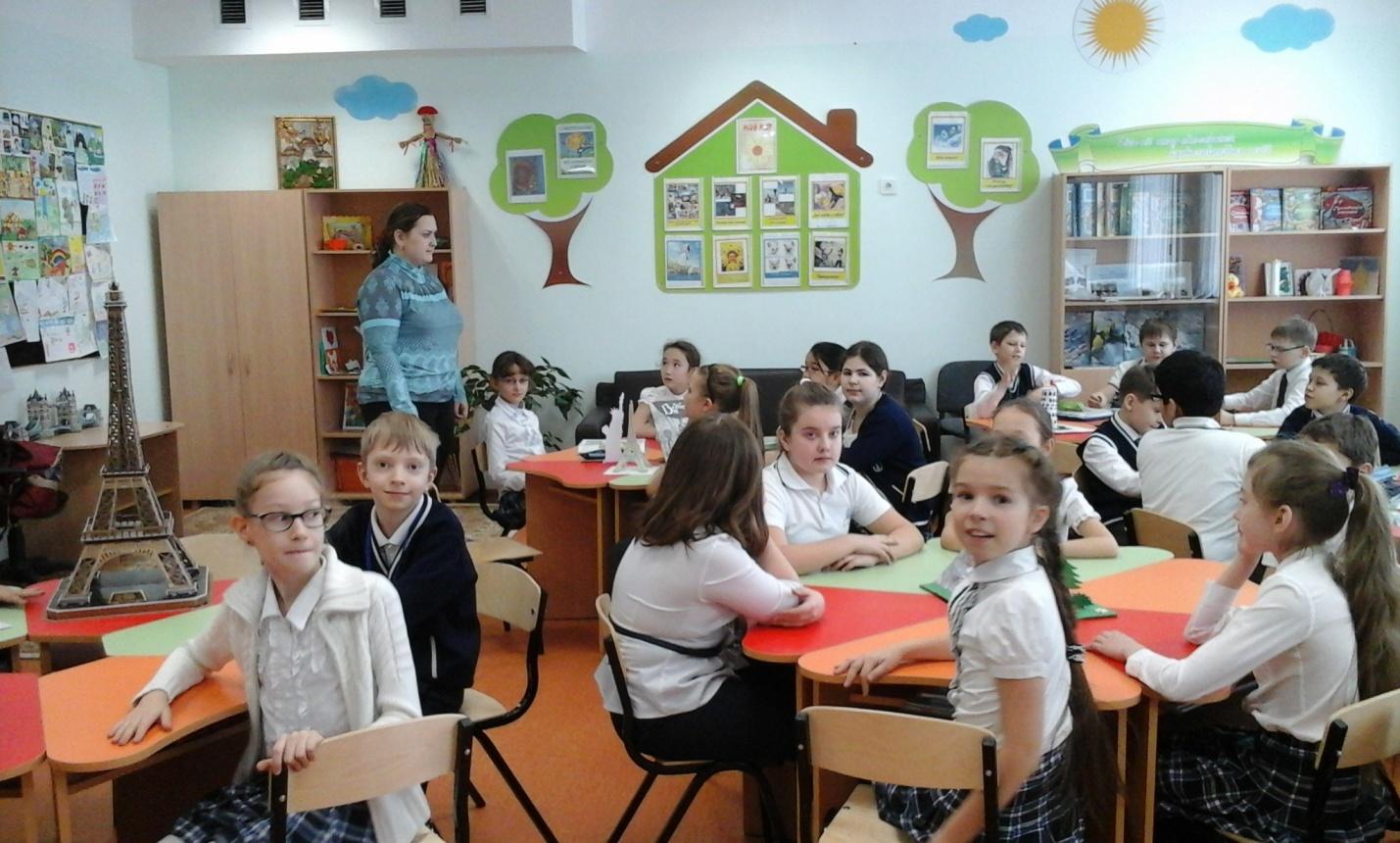 Цель: применить полученные знания и умения на практике с последующим выходом на монологическое высказывание по теме.
Цель: применить полученные знания и умения на практике с последующим выходом на монологическое высказывание по теме.
Образовательные задачи
- учить учащихся пользоваться изученным лексическим и грамматическим материалом
- обсуждать проблемы по теме в диалогической и монологической речи.
Воспитательные задачи:
- воспитание любви к школе , добрых отношений к учителям
- Обучение продуктивно работать и взаимодействовать в коллективе сверстников
Развивающие задачи
- развивать навыки письма, чтения и говорения
- научить учащихся самостоятельно решать проблемы на основе изученного материала
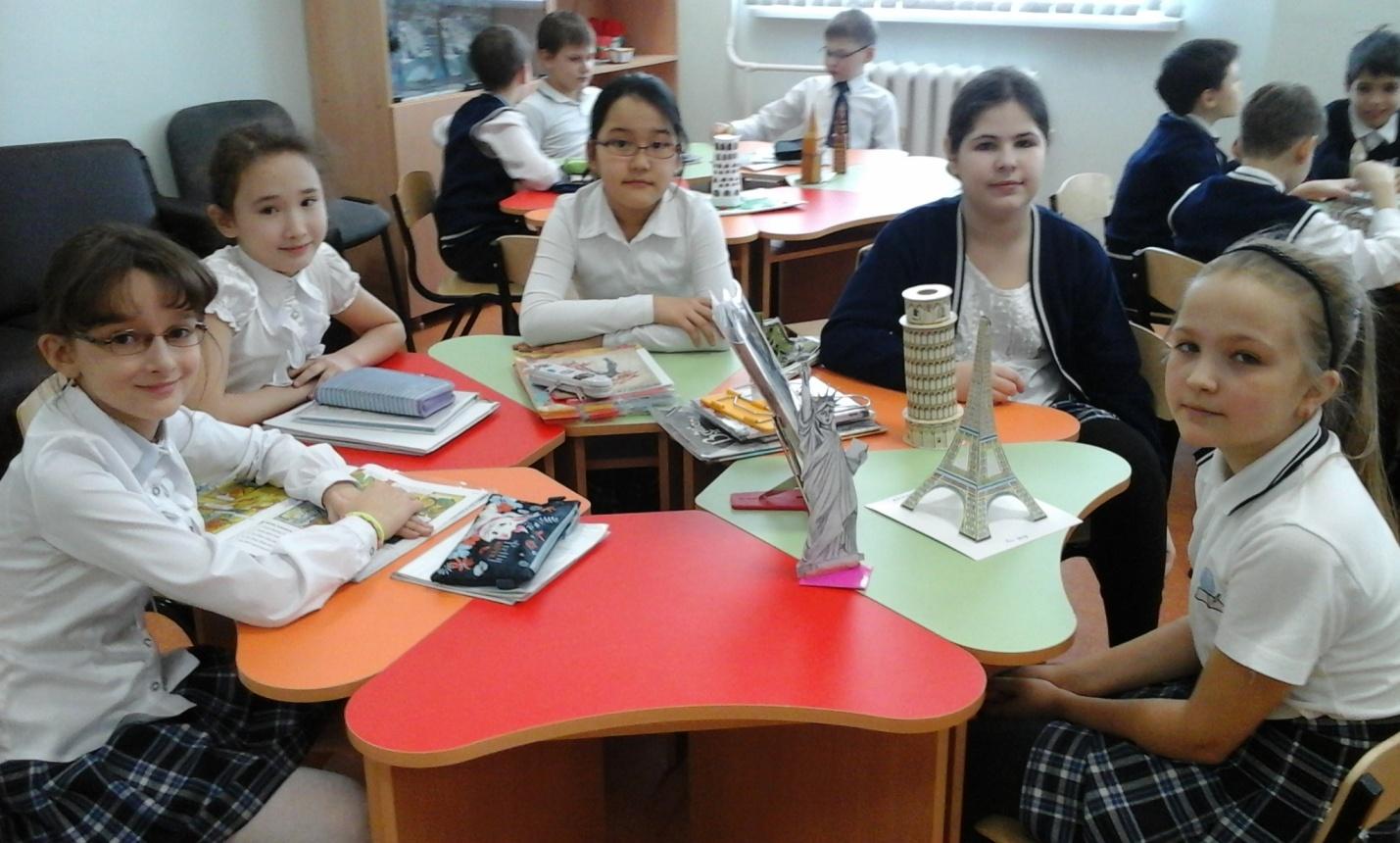
Формы:
- коллективная
- парная
Дополнительный материал:
1 Детские рисунки на тему “ My School” , “ My classroom”.
2 Слова” Magic Words”
3 Кроссворд
Время проведения:
45 минут
Ход мероприятия
1 Оформление доски детскими рисунками
2 Организационный момент:
Teacher: - Good afternoon, my dear friends! I’m very glad to see you all here. Take your seats and let’s start our lesson. Today we are going to play a game “My school life”. We will train the words, write, make up dialogues and work in groups.
3 Основная часть:
Teacher: Do you remember what the name of our topic is? – It is school.
What associations do you have with the word school?
Look at the blackboard.( good teachers, learning new things, many friends, favourite subjects, our second home)
Before speaking about all these things, let’s remember the words we need
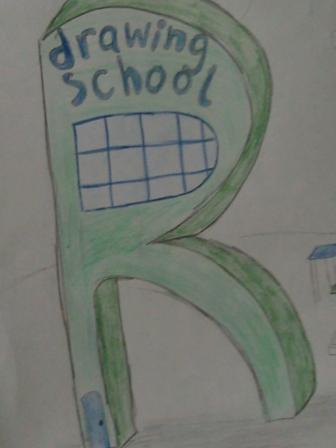 I will spell the word and your task is to guess it. Can you make up your own sentence with this word?
I will spell the word and your task is to guess it. Can you make up your own sentence with this word?
---------School
- Teacher
- Timetable
- -uniform
- Subject
- Draw
- Clean
- Read
- Write
- Count
- Discuss
- Translate
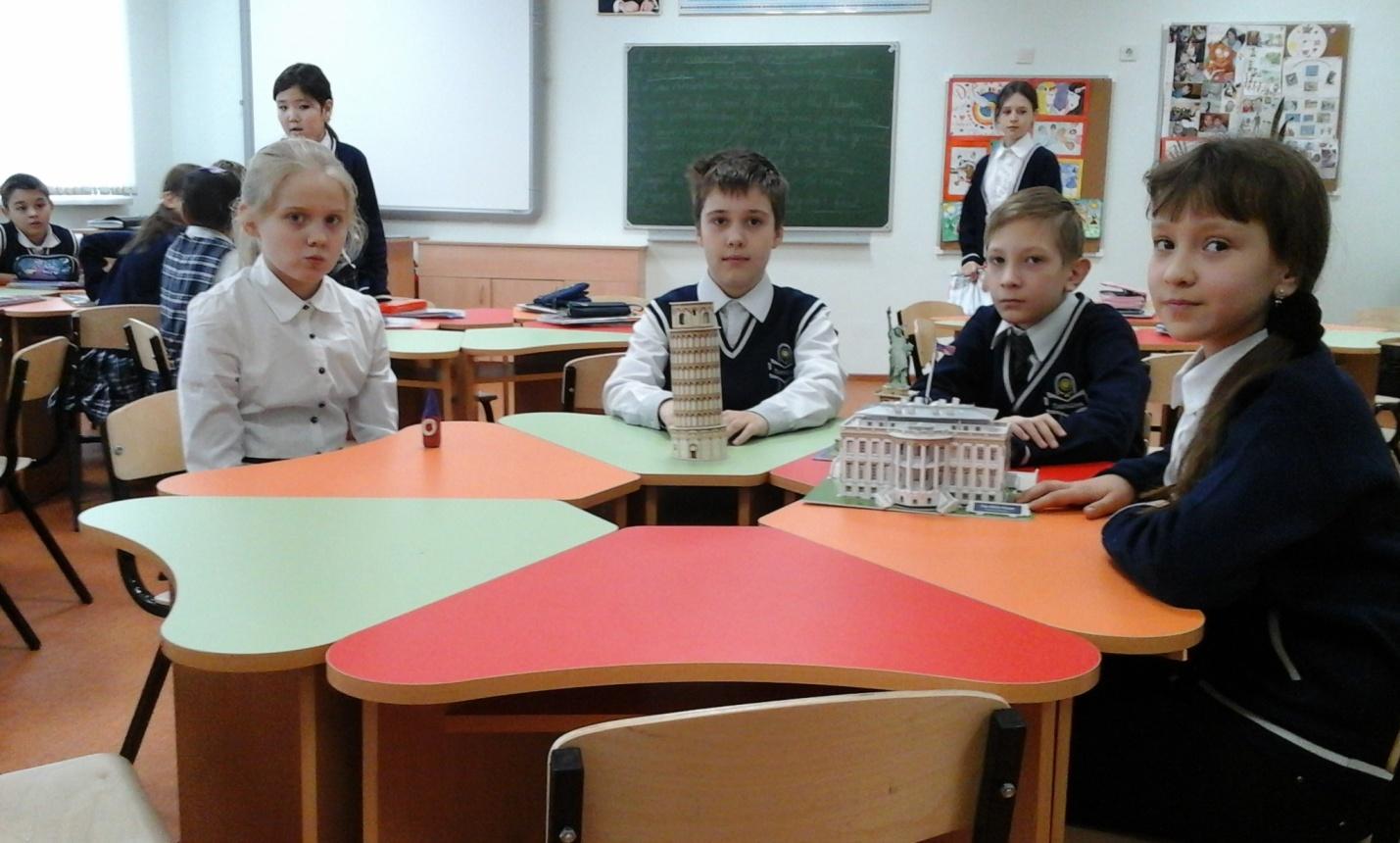
Teacher: Good for you. Look at the floor. There are some footsteps on it. You should take this road and translate my sentences from English into Russian Choose two pupils.
1 would you be angry with a student for something he didn’t do?
Of course not. That’s good because I didn’t do my homework.
3Miss Chatter, my dad does not know what a horse is.
Why do you think so?
Because I drew a horse yesterday and showed it to my dad and he asked me what it was.
4 Teacher: Bob, why don’t you wash your face? I can see what you had for breakfast this morning.
Bob: What was it?
Teacher: Eggs , I think
Bob: No. That was yesterday.
5 Becky: Simon, your father is a teacher but you cannot read or write.
Simon: So, your father is a dentist but your little brother Bill still has no teeth.
Thank you very much. These sweets are for you. You have done really well.
B: And now I will read you the definition and your task is to guess which word I mean.
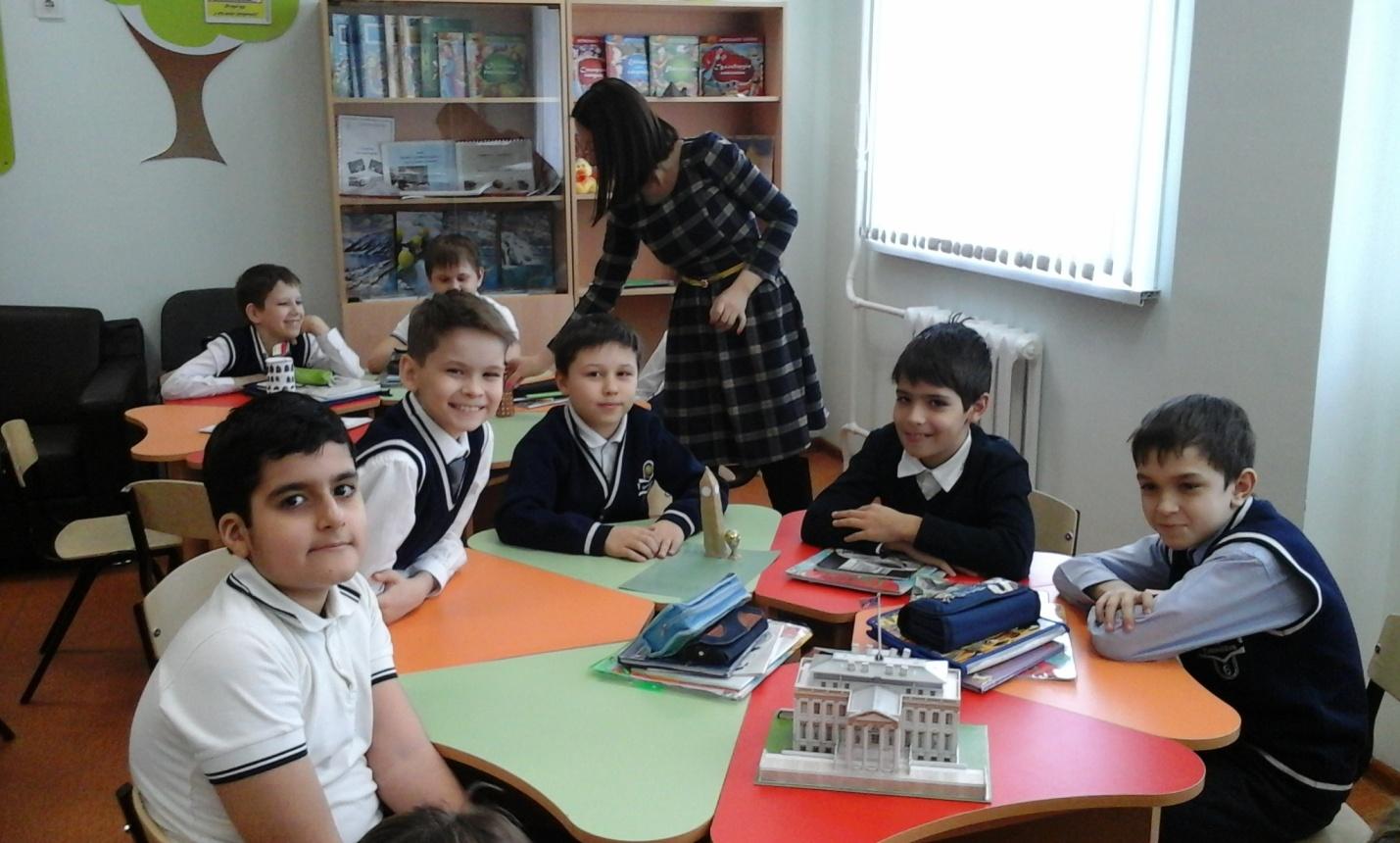
Thank you very much. You made me sure that you know the words quite well. But can you write them?
Let’s write a line word ( you should assume as a basis the word Timetable)
timetable
Teacher: Very nice. Thank you.
You know, some associations are connected with favourite subjects, learning new things. Let’s speak about them. Answer my questions, please.
1 Do you like going to school?
2 What subjects do you study?
3 What are your favourite ones?
4 What do you do in your English lessons?( In the lesson we usually speak English, play puzzles, learn new words, recite poems, translate texts from English into Russian, listen to a cassette, watch a video)
Well, and now music. ( in this lesson our teacher tells us about famous composers, their lives, works, musical instruments, we listen to classical music and, of course , we sing songs)
5 how many lessons a day do you have?
6 what do you usually do during the break? ( speak loudly in the classroom, draw on the desks, run and jump between the desks or in the corridors)
Teacher: Now imagine that one of you is a student from Great Britain, another one is a student from Russia. Let’s make up the dialogues speaking about your school.
e.g
P1- Hello, Dasha!
P2- Hi, Mary!
P1- How are you?
P2- I am Ok, thank you. Do you go to school?
P1- Yes, I do. I go to school “Commonwealth” and I like it very much. What about you?
P2- I go to school, too, and I really like it.
P1- What are your favourite subjects?
P1- As for me, I like English and Russian. And you?
P2- I like many subjects such as Maths, Biology, Literature, English
P1 How many lessons a day do you have?
P2- We usually have five, sometimes six. What do you do in your English lessons?
P1- We read, write, listen to a cassette recorder, play, recite poems,
P2- Do you like your teachers?
P1 Yes, of course. They are kind, helpful, clever and understanding, but sometimes strict, I should say.
P2- I’d like to visit your school and see everything with my own eyes. Bye .
P1 Bye.
Teacher: Well done. Another association is connected with teachers and pupils.. Look at the table. You should tell us what you must or mustn’t do at school
You may begin like that
As we are students we must / we mustn’t
Must ( do what the teacher says, answer the teacher’s questions, be polite to our teachers and classmates, do our homework regularly, never be late for classes)
Mustn’t ( take a pet to the lesson, speak loudly in the classroom, sleep in the classroom, draw on the desks, write notes to friends, draw on the walls of the classroom, run and jump between the desks)
Teacher. Thank you very much. And now look at me. I will show you the card in which the letters are mixed up. Your task is to rearrange the letters and write down the word on the blackboard.
Bkookwro
Rbebru
Sseettca
Relur
Cpilen
Anipts
Ookxbett
yidinoyrcta
1 Fill in the gaps with the missing letters
Bo –rd,
rul-r,
penc-l,
sh—pener,
c-mputer.
Te-cher,
dicti-nary,
cl-ssroom, less-n,
r—bber
, te-tbook,
pa-nts.
2 match the words. Make up your own sentences.
Learn questions stand from….to
Speak songs translate down
Sing English count from….into
Answer by heart sit up
And the last thing for today . Your hometask was to draw a picture of your school and write a short text about it. Let’s check it.
Conclusion: At today’s lesson you have showed us that you learn many interesting subjects at school, so you come to school to get knowledge. And you have friends at school, you have fun together, some of you do sports after classes. The life in school is interesting and we say that our school is our second home.
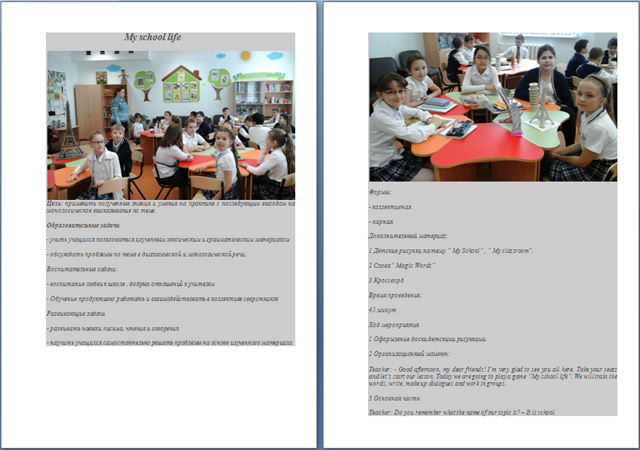

 Получите свидетельство
Получите свидетельство Вход
Вход



 Цель: применить полученные знания и умения на практике с последующим выходом на монологическое высказывание по теме.
Цель: применить полученные знания и умения на практике с последующим выходом на монологическое высказывание по теме.
 I will spell the word and your task is to guess it. Can you make up your own sentence with this word?
I will spell the word and your task is to guess it. Can you make up your own sentence with this word?

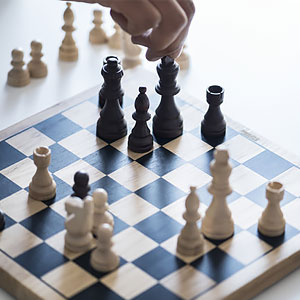
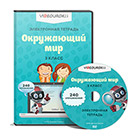
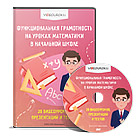
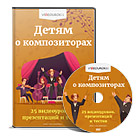
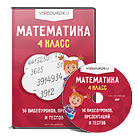
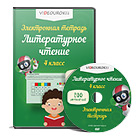
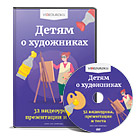
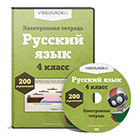
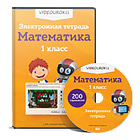
 Разработка мероприятия по английскому языку для начальных классов "My school life" (1.49 MB)
Разработка мероприятия по английскому языку для начальных классов "My school life" (1.49 MB)
 0
0 378
378 6
6 Нравится
0
Нравится
0


